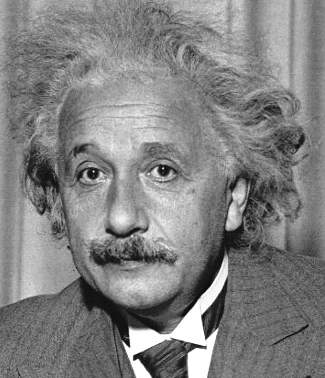Audio-book Review
By Chet Yarbrough
(Blog:awalkingdelight)
Website: chetyarbrough.blog
Black Holes: Going to Extremes
Articles Published in Scientific American
Narrated by Alex Boyles

“Black Holes” is a brief compilation of 21st century “Scientific American” articles narrated in Audiobooks by Alex Boyles. At the least, these articles stimulate interest in finding out more about the history of black holes.
When were they discovered? Why is their discovery important? Why do they seem to contradict the experimentally proven theory of Quantum Mechanics? Why should we care?

Karl Schwarzschild (1873-1916, German physicist, astronomer, and mathematician.)
The idea of black holes dates to research done by scientists in the early 20th century. The first black hole is discovered by Karl Schwarzschild. Schwarzschild was the director of the Astrophysical Observatory in Potsdam, Germany.
In correspondence, Schwarzschild confirms Einstein’s mathematical theory of gravity as a form of matter that reinforces the famous equation E=mc2.

John Wheeler (1911-2008, American theoretical physicist.)
Much later in the century, fellow physicist John Wheeler explains “Space-time tells matter how to move; matter tells space-time how to curve”.
The elemental particles of gravity are not clearly understood because they are too small for current scientific observation. Black holes are evidence of gravity, but the evidence seems to conflict with experimentally proven theories of quantum mechanics.

The discovery of black holes is important because it may hold the secrets of gravity. Gravity makes planets and objects within and on planets attract and repel. Einstein explains how gravity distorts the fabric of the universe.

Einstein’s equation indicates that energy and mass are equivalent and therefor never lost.

Black holes absorb all things that fall within their gravitational field at their “event horizon”.
However, astronomical observation shows that black holes seem to disappear without any information, residual mass. or energy remaining. This defies the current theory of quantum mechanics and seemingly Einstein’s belief that mass and energy are equivalent and never lost.
Why should we care? Quantum mechanics is a theory that defies certainty. However, Einstein believed God did not play with dice. He believed a future discovery will give humankind an all-encompassing understanding of nature, just as Einstein’s “energy and mass equivalence” offers a limited theory of nature. Black hole existence and disappearance may hold the answer to an all-encompassing fundamental law of nature that explains everything about everything.
Maybe Einstein’s E=mc2 is confirmed (not denied) by the existence of black holes. Maybe, black holes do not violate the equivalence of energy and mass even though information appears to be lost when a black hole disappears.
Could all black holes in a universe act as though they are connected at a distance? Maybe energy and mass equivalence is not lost but spookily transmitted to other black holes. Einstein may yet be confirmed. Maybe there is a missed fundamental law of physics that offers a Newtonian order to the universe.



2 thoughts on “E=mc2”